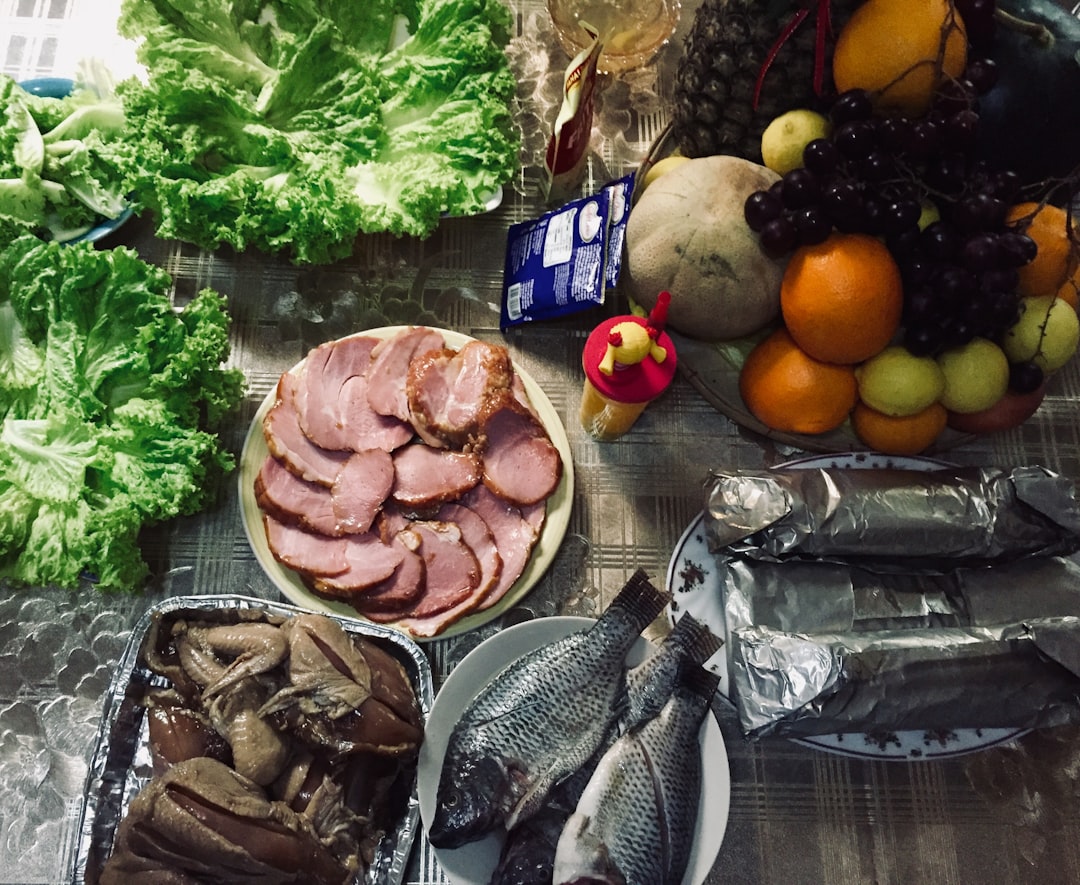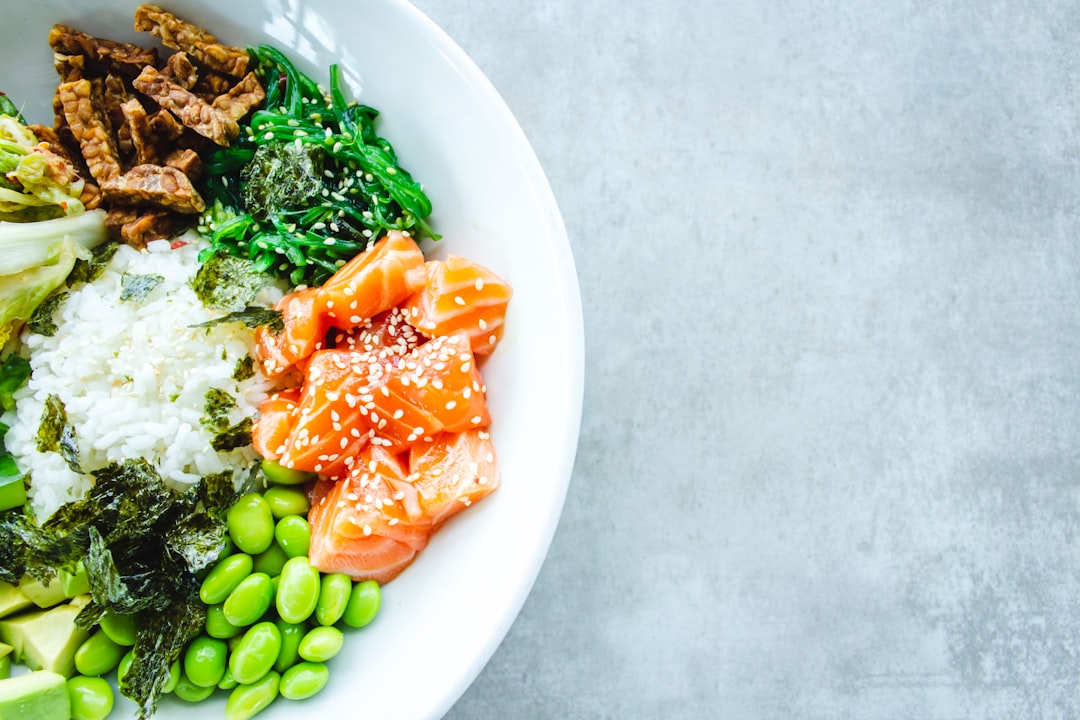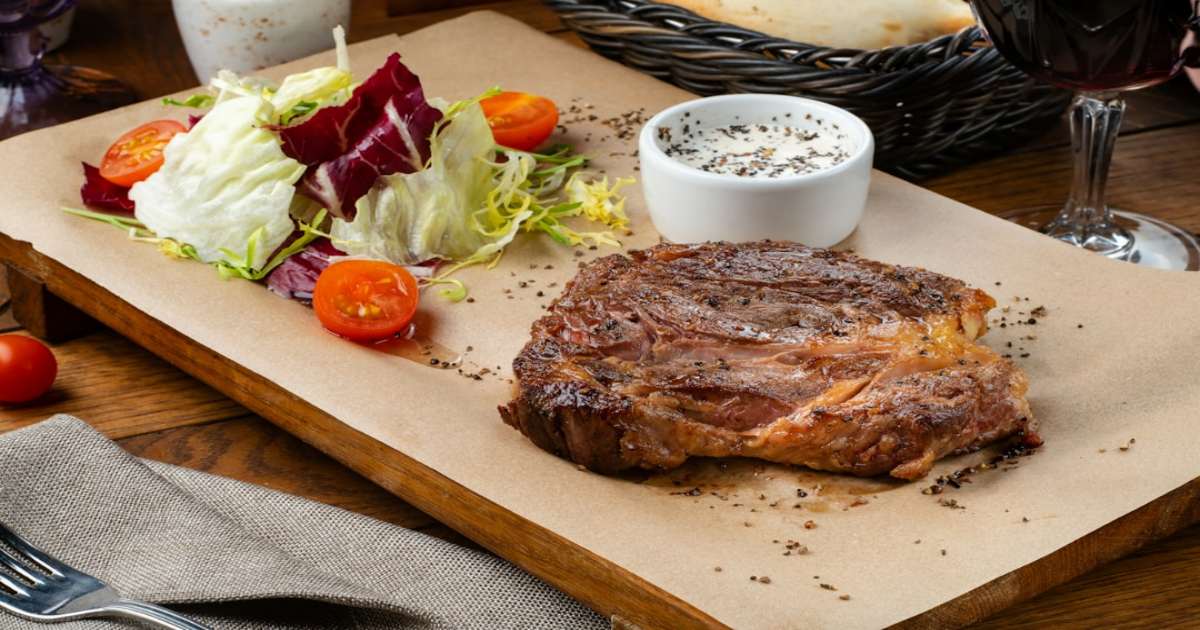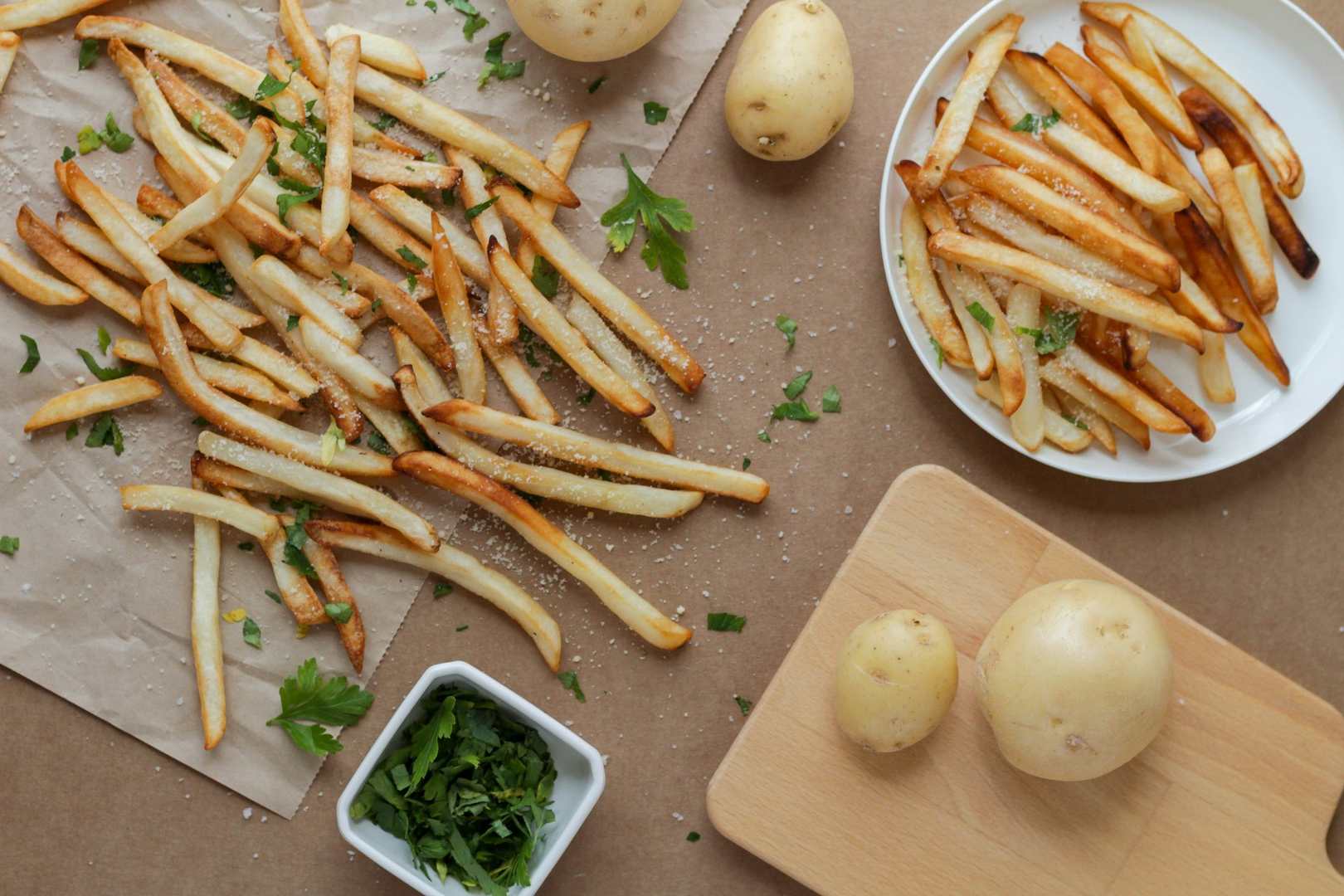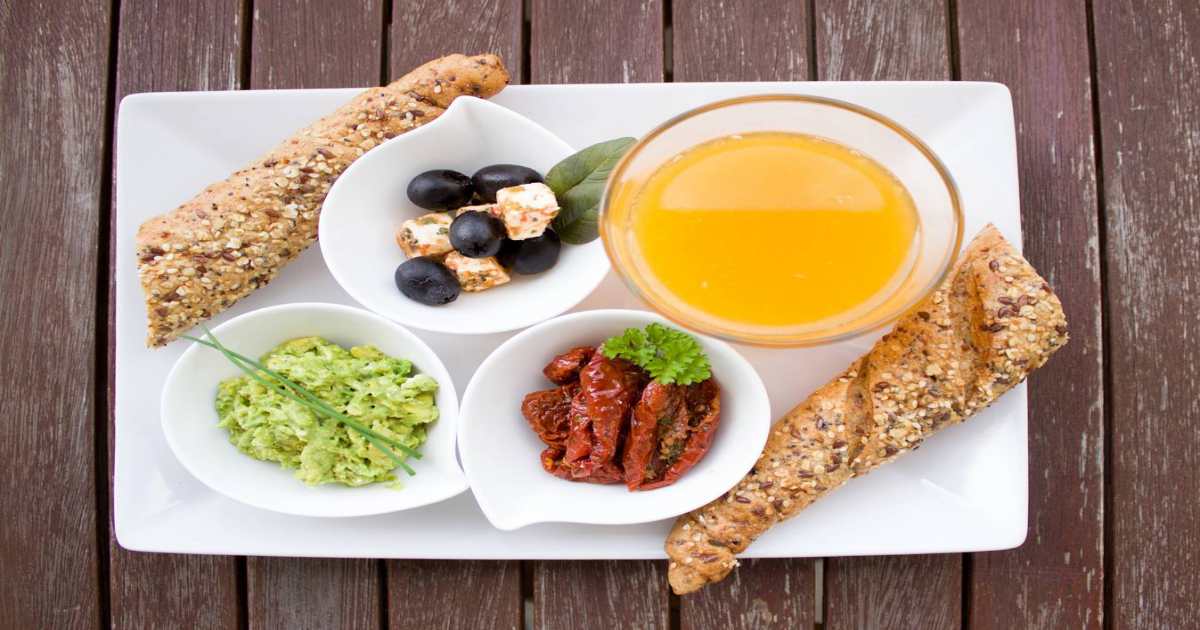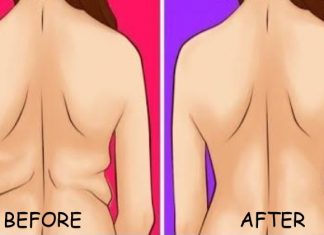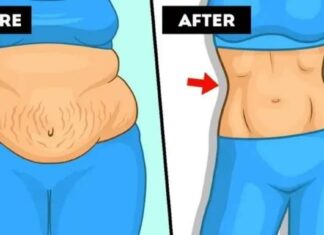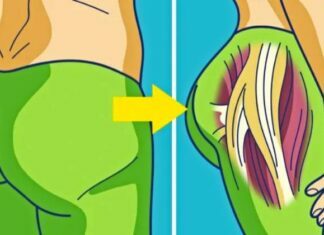Gastroesophageal reflux disease (GERD) is a chronic digestive disorder that occurs when stomach acid flows back into the esophagus, causing irritation and discomfort. It affects millions of people worldwide and can lead to serious complications if left untreated.
One of the most effective ways to manage GERD is through diet. By making simple changes to your eating habits, you can reduce symptoms and improve your overall quality of life. In this article, we will provide you with a 7 day GERD diet plan that can help alleviate symptoms and promote better digestive health.
Why Is Diet Important for Managing GERD?
Avoid Trigger Foods
Certain foods can trigger or worsen GERD symptoms. These include spicy foods, acidic foods, fatty foods, and caffeine. By avoiding these trigger foods, you can reduce the frequency and severity of your symptoms.
Maintain a Healthy Weight
Excess weight can put pressure on the stomach and increase the risk of acid reflux. By maintaining a healthy weight, you can reduce the strain on your digestive system and improve GERD symptoms.
Promote Good Digestion
A diet rich in fiber can help promote good digestion and prevent constipation, which can worsen GERD symptoms. Additionally, eating smaller, more frequent meals can help prevent overeating and reduce the risk of acid reflux.
7 Day GERD Diet Plan
Day 1
- Breakfast: Oatmeal with almond milk, topped with sliced bananas and a sprinkle of cinnamon.
- Snack: Apple slices with almond butter.
- Lunch: Grilled chicken breast with steamed vegetables and quinoa.
- Snack: Carrot sticks with hummus.
- Dinner: Baked salmon with roasted sweet potatoes and green beans.
Day 2
- Breakfast: Whole grain toast with avocado and a boiled egg.
- Snack: Greek yogurt with berries.
- Lunch: Turkey and cheese wrap with whole grain tortilla, lettuce, and tomato.
- Snack: Handful of almonds.
- Dinner: Grilled shrimp with brown rice and steamed broccoli.
Day 3
- Breakfast: Spinach and mushroom omelette with whole grain toast.
- Snack: Celery sticks with peanut butter.
- Lunch: Quinoa and black bean salad with a side of grilled chicken.
- Snack: Fresh fruit salad.
- Dinner: Baked chicken breast with roasted vegetables and a side of whole grain pasta.
Day 4
- Breakfast: Whole grain waffles with fresh berries and a drizzle of honey.
- Snack: Rice cakes with almond butter.
- Lunch: Grilled vegetable and hummus wrap with whole grain tortilla.
- Snack: Handful of grapes.
- Dinner: Baked fish with steamed vegetables and a side of quinoa.
Day 5
- Breakfast: Greek yogurt with granola and fresh fruit.
- Snack: Whole grain crackers with cheese.
- Lunch: Grilled chicken Caesar salad with whole grain croutons.
- Snack: Fresh fruit smoothie.
- Dinner: Baked pork chops with roasted sweet potatoes and green beans.
Day 6
- Breakfast: Whole grain toast with avocado and smoked salmon.
- Snack: Carrot sticks with hummus.
- Lunch: Turkey and cheese sandwich on whole grain bread with a side of fruit.
- Snack: Handful of almonds.
- Dinner: Baked chicken breast with roasted vegetables and a side of brown rice.
Day 7
- Breakfast: Whole grain pancakes with fresh berries and a drizzle of honey.
- Snack: Greek yogurt with honey and granola.
- Lunch: Grilled vegetable and hummus wrap with whole grain tortilla.
- Snack: Fresh fruit salad.
- Dinner: Baked fish with steamed vegetables and a side of quinoa.
Additional Tips for Managing GERD
- Eat slowly and chew your food thoroughly.
- Avoid eating 2-3 hours before bedtime.
- Elevate the head of your bed to prevent acid reflux while sleeping.
- Drink plenty of water throughout the day.
- Limit alcohol and caffeine intake.
- Avoid tight-fitting clothing that puts pressure on the stomach.
- Consider keeping a food diary to track trigger foods and symptoms.
Conclusion
By following this 7 day GERD diet plan and incorporating healthy eating habits into your daily routine, you can effectively manage GERD symptoms and improve your overall digestive health. Remember to consult with your doctor before making any significant changes to your diet, and listen to your body to determine which foods work best for you. With a little effort and dedication, you can find relief from GERD and enjoy a healthier, more comfortable life.

